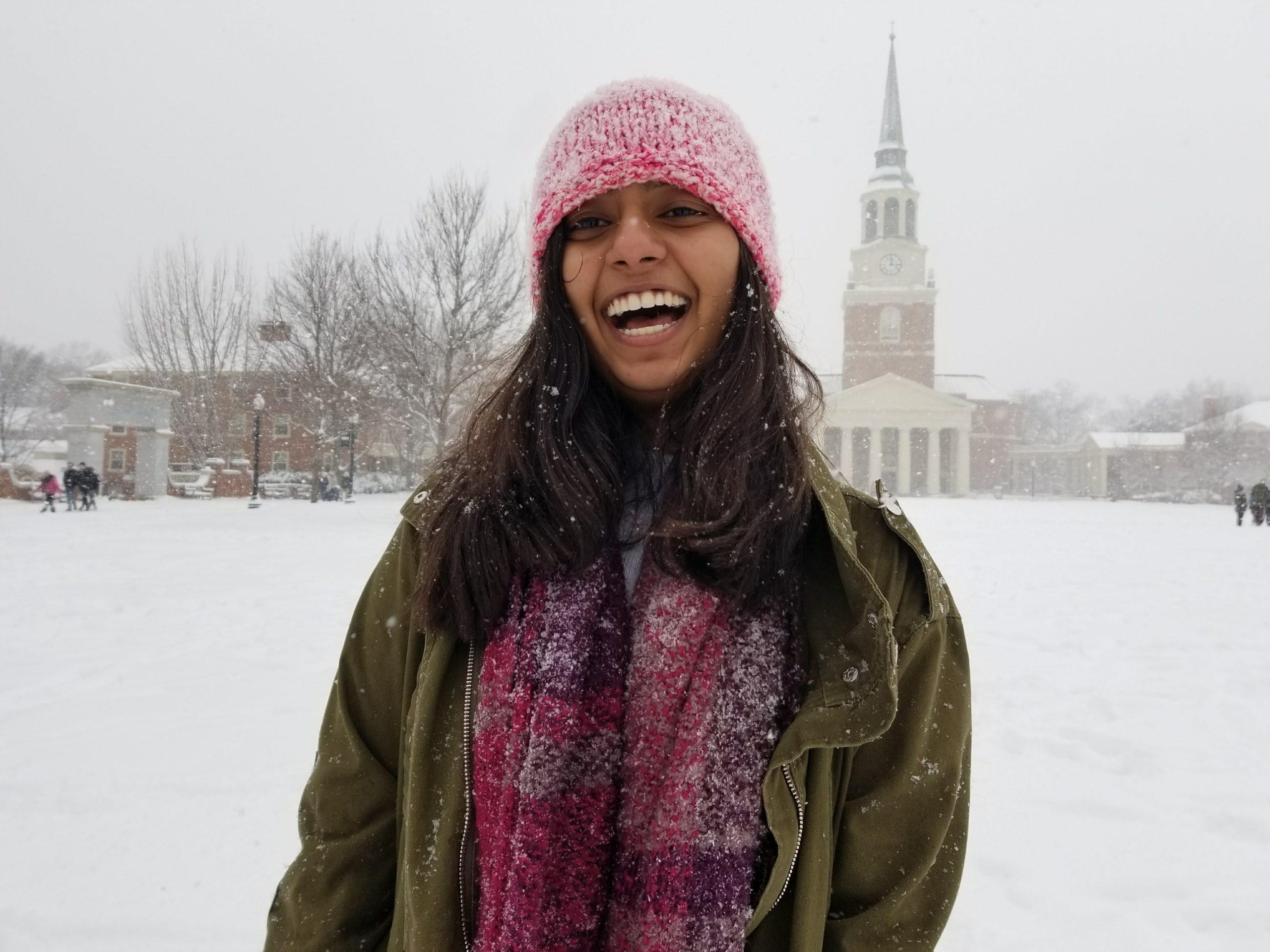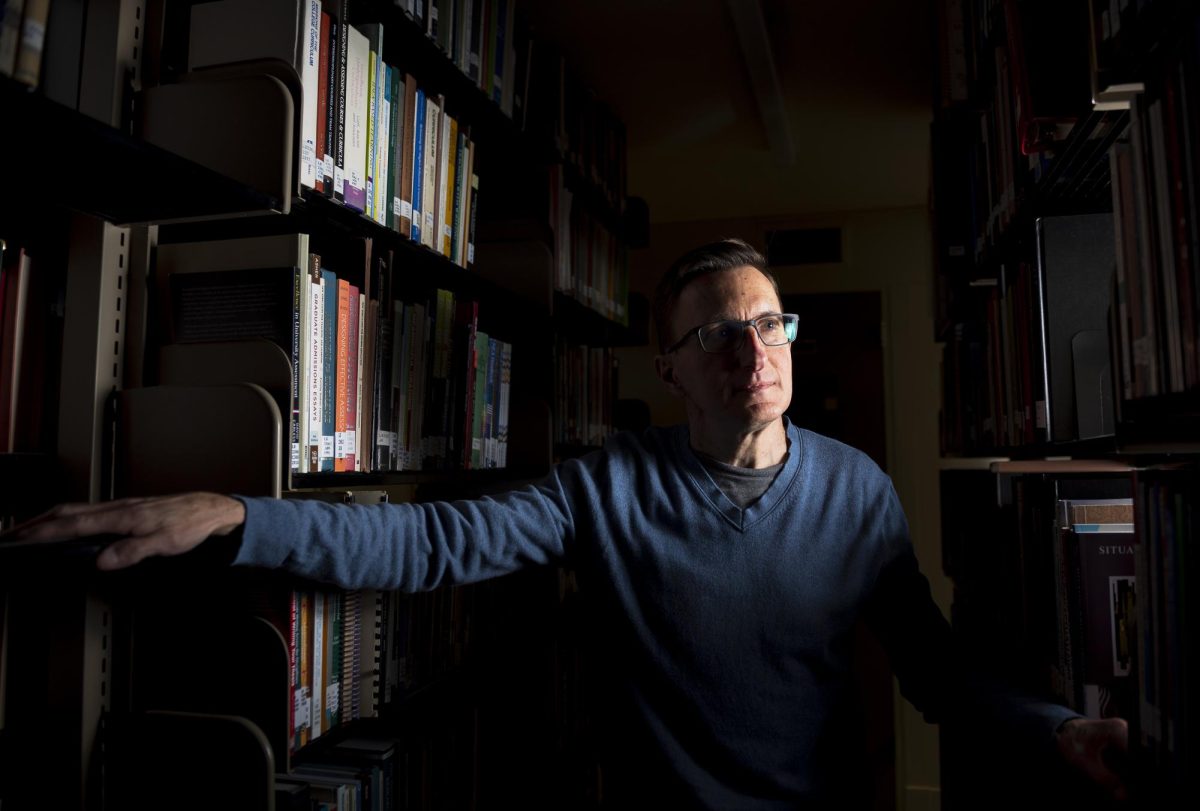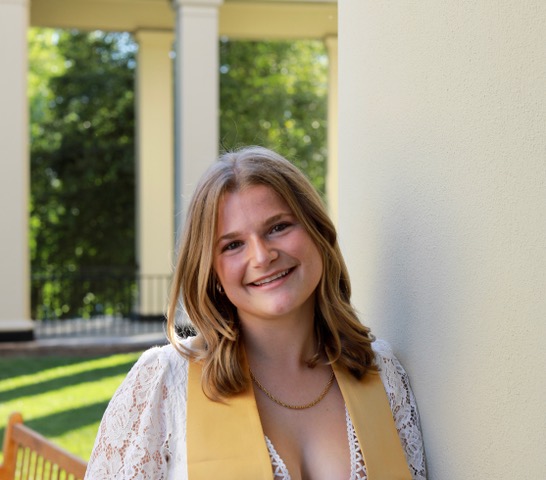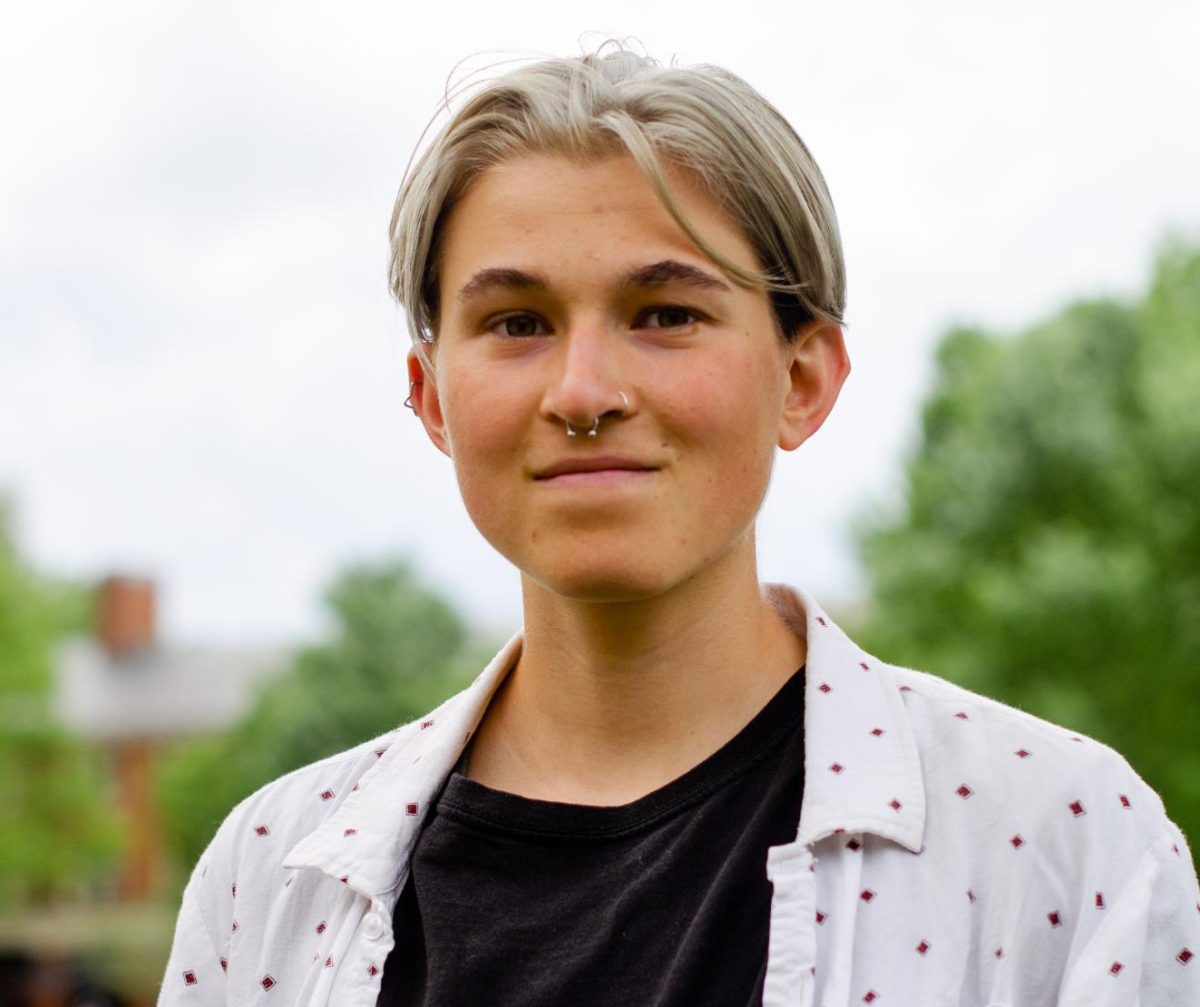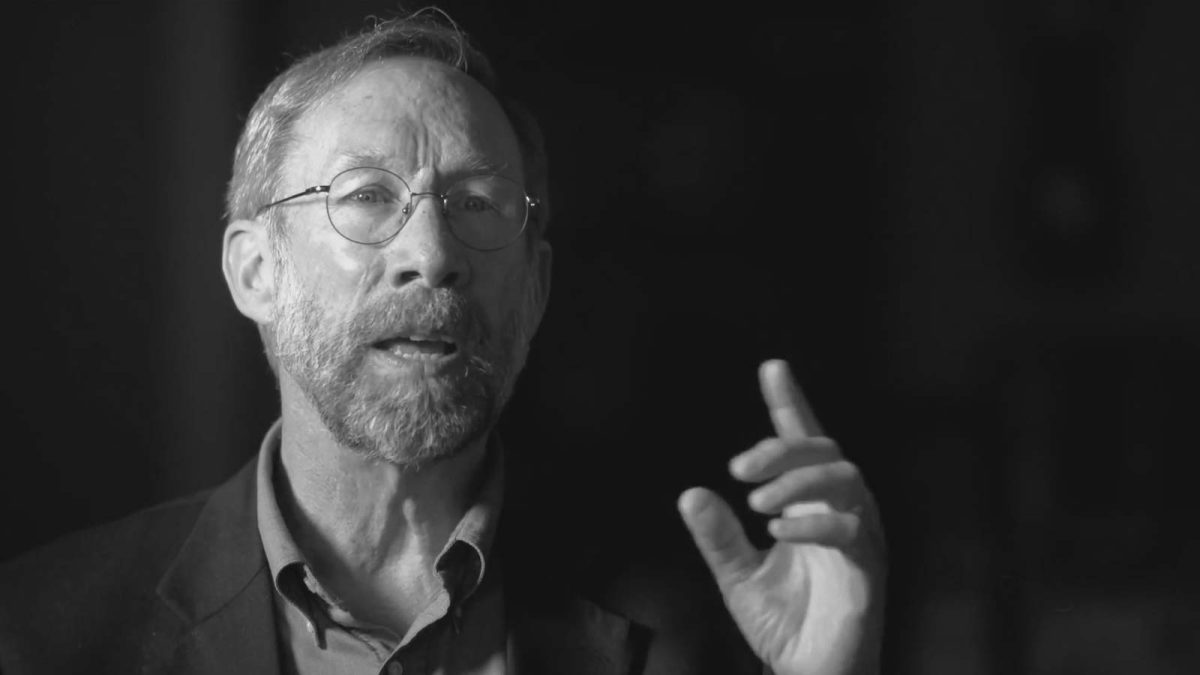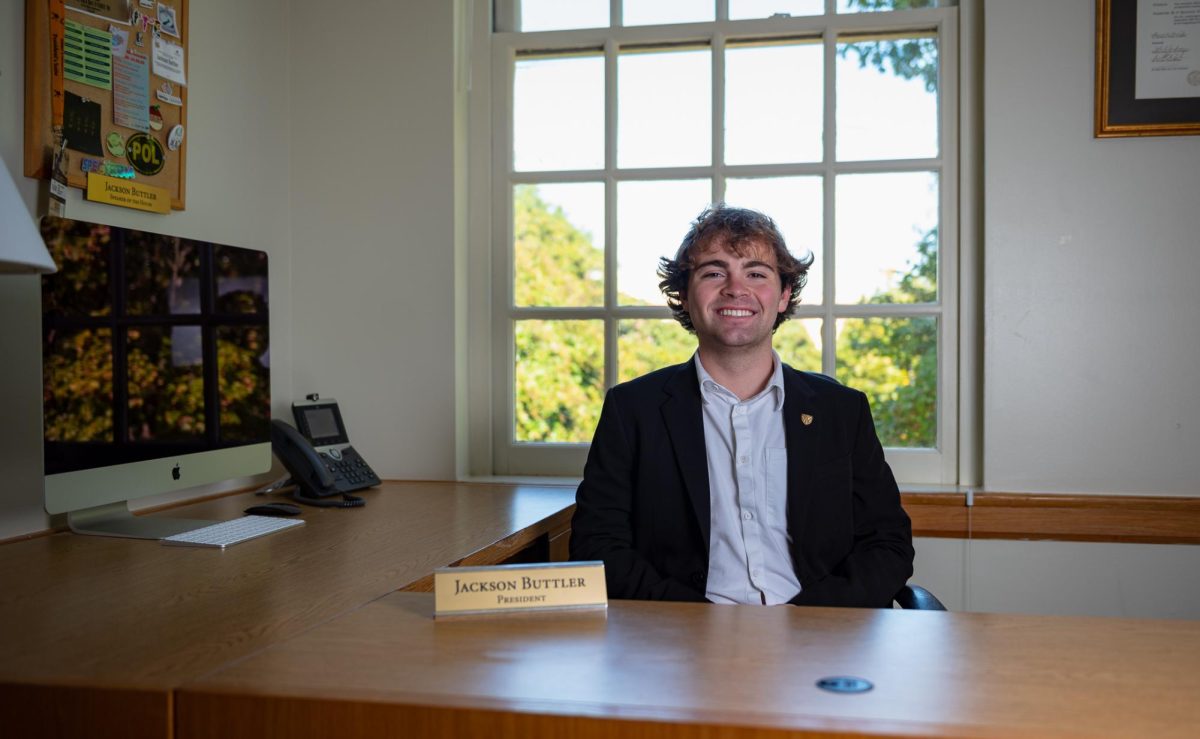Through the Student Association for the Advancement of Refugees (SAFAR), freshman Savarni Sanka has established a loving, supportive and mutually beneficial relationship with a Syrian refugee family as a “friendship partner.” She emphasized the lessons that she and her friendship partners have learned from each other and the importance of language learning and cross-cultural connection.
Coming into college, did you have a good idea of how you wanted to get involved on campus and in the Winston-Salem community?
I have always been very service-oriented. Throughout high school I was a member of many organizations that were involved with the local Hispanic community, so I had an idea that when I came to college I would work with minority groups.
Other than that it was fairly nebulous. I didn’t know that I would get involved with SAFAR or with refugees at all — I hadn’t had any experience working with refugees beforehand.
What made you want to work with SAFAR and work with refugees?
I’m a pretty avid journaler and actually just re-read a journal entry that I wrote last summer expressing my anger at the way that refugees are often portrayed in the media and the amount of misunderstanding and ignorance that exists concerning refugee and immigrant populations. So I suppose that the idea of working with refugees has always been on my mind.
When I came to campus and learned about SAFAR, I realized that working with the organization would be a great way for me to productively channel my frustrations into making a meaningful difference in the lives of refugees and educating people about what it is really like to be a refugee in the U.S. I love the refugee family that I work with as if they were my own family — it is impossible to say no to working with such a caring, loving and welcoming group of people, not to mention their cute kids and their incredible cooking skills.
You work with two 16-year-olds as friendship partners. In your own words, what is the role and purpose of a friendship partner?
The role and purpose of a friendship partner is to be whatever your refugee family needs you to be. Sometimes that means helping my friendship partners look after the family’s four younger kids. Other times that means helping them with homework or school projects.
On a larger scale, being a friendship partner gives refugees a chance to interact with native English speakers in a casual and conversational way, to spend time with someone who has lived in the U.S. for a considerable period of time who can explain, if needed, unfamiliar parts of the culture. But also to interact with an American who doesn’t embody the racism and xenophobia that has come to define many other nations’ views of our people.
At the heart of it, a friendship partner is just a friend — someone that your refugee family can count on to support them and love them just as any friend would.
What is your favorite thing about working with them?
I’m not really sure how to answer this question. The reality is, at the end of the day, my friendship partners and I are just that: friends. We do all of the things that friends do like texting, calling, discussing relationships, faith and school life, eating pizza while watching movies, cooking together, deciding what to order at Starbucks — things that are so blissfully mundane.
One of my favorite quotes of Seneca from his “Letters from a Stoic” is the following: “I am writing not for the eyes of the many but for your eyes alone, for each of us is audience enough for the other.”
That is how I feel when I am with my friendship partners. I feel at home and always welcome. There is never a moment of discomfort even when we have difficulties getting over the language barrier. When we are with each other, we each feel like we are in our own home.
We are content, comfortable and grateful for our friendship just as it is. I’d have to say that this is my favorite part about being a friendship partner: when you have the chance to prove to people that refugees and the average American citizen are not so different after all.
What do you feel that you can offer or teach them and what do you gain by working with them?
I think that the best that I can offer my refugee family is a better understanding of the English language and, to use a broad term, aspects of “American culture” that they may be less familiar with.
But the truth is, my refugee family has been in the U.S. for quite some time. The younger kids have picked up English well. One of them even sings along to Disney songs, which is amazing.
What do they teach you?
In reality, my friendship partners teach me so much more than I could ever teach them. From them, I’ve learned the beauty of hospitality and the power of cooking and sharing a meal together. They’ve shown me wonderful parts of their culture. I recently attended an Arab party with them — one of the most fun experiences I’ve had at Wake Forest to date.
They are always willing to share stories about themselves and their home country with me. Most of all, and I know this sounds cliché, but they have taught me the power of laughter. We baked cookies together once but I left them in the oven too long and they burned. They laughed it off and said “Don’t worry! Anything with chocolate is good!”
Their younger brother, whom I lovingly call “monkey” for his love for jumping off of furniture onto mattresses, is all smiles and giggles even as I tell him to be careful. His favorite thing to say to me is “Me not monkey — you monkey!” I’m smiling just thinking about him.
When you’ve been through some of the things that this family has been through but can still break out in fits of unadulterated laughter — that is something powerful and meaningful.
Of course, they also help me with my Arabic. One of our favorite things to do is to talk about our favorite words in English and Arabic. One of my friendship partner’s favorite words is “absolutely.” Needless to say, she takes every opportunity to use “absolutely” in everyday conversation. They jokingly make fun of my standard Arabic but always make sure I go home with a new phrase in Syrian dialect when I visit them.
I heard that you are studying both Arabic and Spanish. What do you think is the importance of learning multiple languages, especially in terms of volunteer service and global work?
I am a huge proponent of language learning. Language is not only the key to being able to communicate with others conversationally or orally — it is the key to understanding other cultures. So much of a culture shows through in language. When you learn a language, you learn what the people who speak that language value and what their customs, traditions and heritage are. For example, the various registers of respect in Telugu, my mother tongue, and Korean, which I began studying a year ago but have had to put aside since I’ve started Arabic, convey the importance of respect for elders in the Korean and Indian cultures.
The love and welcome conveyed in Arabic phrases like “Ahlan wa sahlan” and “as-salām ‘Alaykum” are true to the hospitality of the cultures of many Arabic-speaking nations. Languages go so far beyond just grammar and vocab. We as English speakers do have a privilege in regard to global communications but that does not mean that we shouldn’t make the effort to learn other languages. It doesn’t work that way.
In terms of service work, it always helps to have language skills. You can communicate on a deeper level with someone when you can speak their native tongue and it also adds a degree of intimacy and respect — you took the extra step as an English speaker to speak to the individual in his or her native tongue and showed him or her that you care enough to do so.
For people who are shying away from doing this kind of work because of a lack of language skills: don’t. My Arabic is mediocre at this point in time. I’m only a second-semester Arabic student. I’m nearly a decade ahead in Spanish. You’ll find that laughter, smiles and food are the just as much the language of many refugee families as their native tongue.
Has your experience working with SAFAR affected what you want to do in the future?
I’ve always wanted to work internationally and with international organizations, governmental or otherwise. My work with SAFAR has definitely pushed me to consider working with organizations focused on human rights violations or with resettlement agencies.
In fact, some of the internships I applied to for the summer were with resettlement agencies. But I’m just a first-year. I have so much room to grow and broaden my understanding of the world before I have to make a choice about what I choose to dedicate the rest of my life to. Refugees will never be far from my mind, though. That is for certain.

